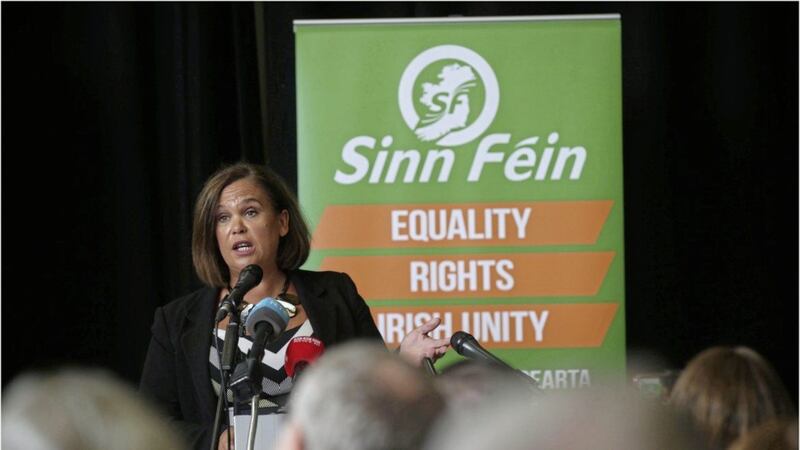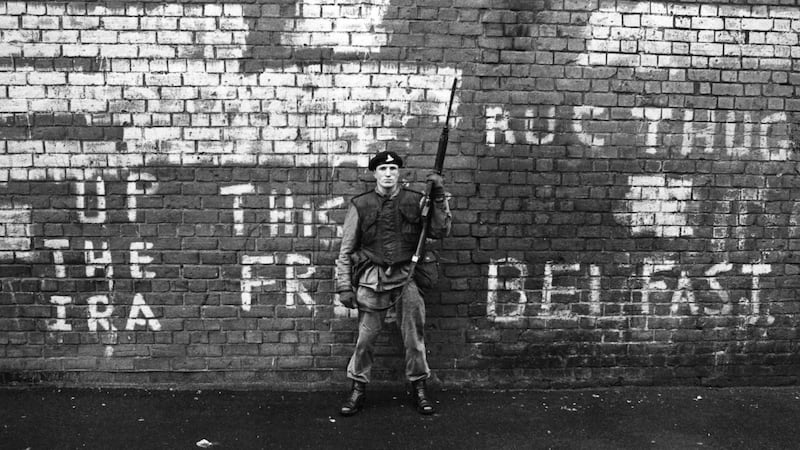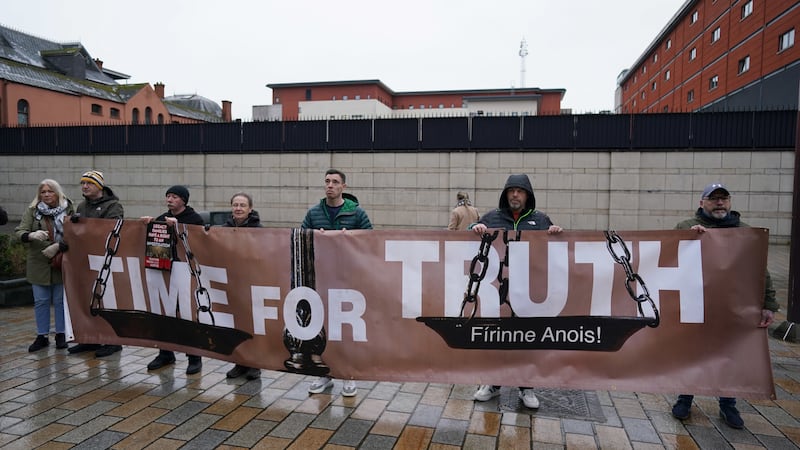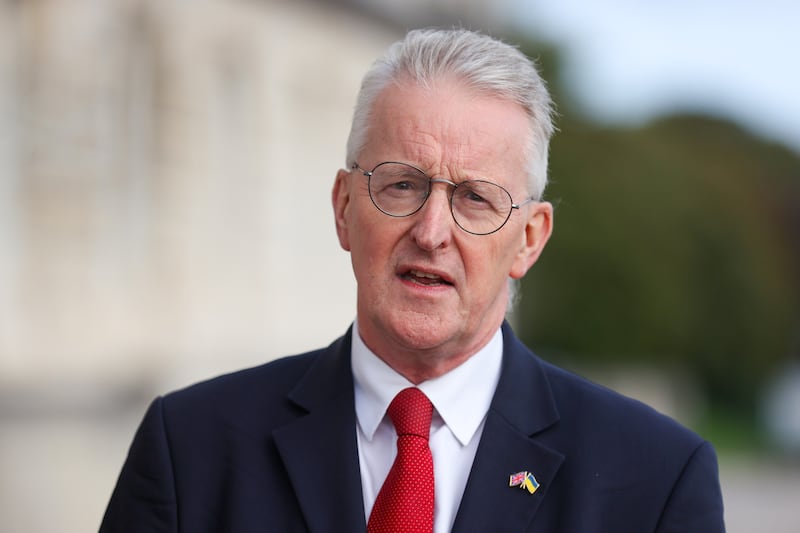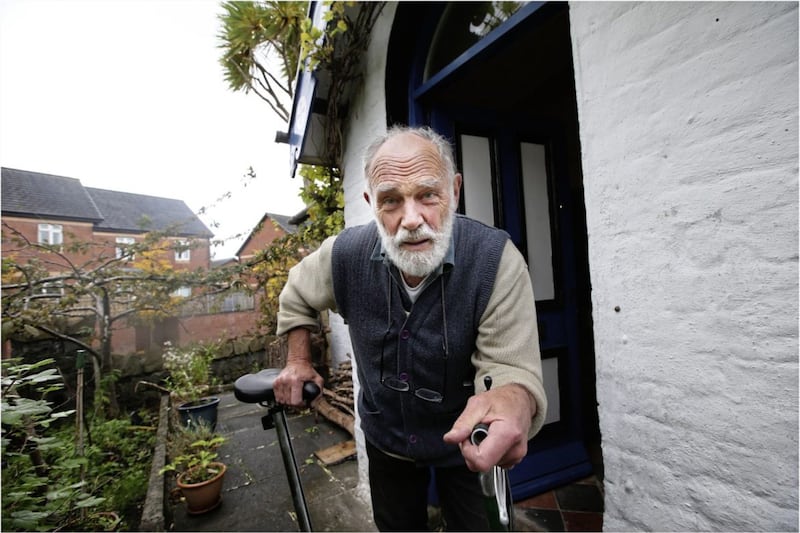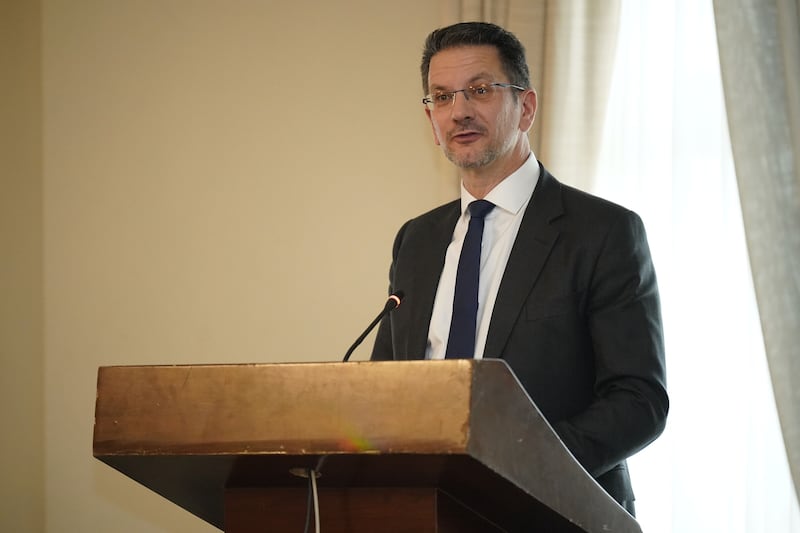IT'S a given that the harder the Brexit and the harder the border then the greater the desire for Irish unification will be.
The Eurosceptic project led by English nationalists has not only further alienated those who have long advocated a united Ireland but it has also led to a re-evaluation of the constitutional arrangements by those who've wavered, and even some who would've traditionally regarded themselves as unionist. The response from political unionism to the inadvertent consequences of taking Northern Ireland out of the EU against the will of the people has been to bury its head in the sand and pretend support for the union is as resolute as ever. This approach plays into the hands of republicanism, which before June 2016 was finding it difficult to advance the unity project against a backdrop of growing nationalist apathy.
The other key lesson from Brexit is that it's vital to have a comprehensive plan that can be enacted if the desired outcome is secured. The Leave campaign sowed the seeds for the current deadlock by failing to clearly lay out its vision for a post-EU Britain. Instead it relied on peddling dubious claims and abstract notions of Britannia reinvigorated.
Mary Lou McDonald and Sinn Féin have identified a timely opportunity to capitalise on these two converging tropes.
A summer lull in the news cycle and a new belligerent Tory leader in Number 10 has given these not especially original ideas more traction than might normally be gained. Since the prospect of Irish unity became more realistic in the aftermath of the Brexit vote, many voices across nationalism have stressed the need to do the groundwork ahead of a referendum. The only real argument is over the timing of a vote, a matter on which Mrs McDonald has flip-flopped on in the past. Yesterday, she said that if there is a no deal Brexit then a border poll must take place "without undue delay" yet at the same time she advocates comprehensive preparation ahead of a vote. There is something of a contradiction in these two notions but Sinn Féin is always wary of being outflanked on the unity project. Unionists are already reluctant to discuss the possibility of a united Ireland and creating an artificial deadline for a referendum would only fuel their fears and potentially defeat the purpose of an agreed Ireland.
The Sinn Féin president's call for a minister of state to develop strategies to advance Irish unity is the logical path in this process – a New Ireland Forum for the 21st century that takes account of changed and changing circumstances. In the same manner that the Republic's Citizens' Assembly has grappled with difficult issues and helped frame constitutional debates sensibly, there is a need to thrash out future scenarios and address concerns around bread and butter matters like pension and healthcare provision. Given Taoiseach Leo Varadkar's recent remarks about Brexit creating a threat to the United Kingdom, there is now an obligation on the Fine Gael administration to advance this idea.
Beyond seeing how Brexit pans out in the short-term, arguably the only thing delaying an announcement from Dublin on such an initiative is that the taoiseach doesn't want to be seen to be dancing to Sinn Féin's tune.
